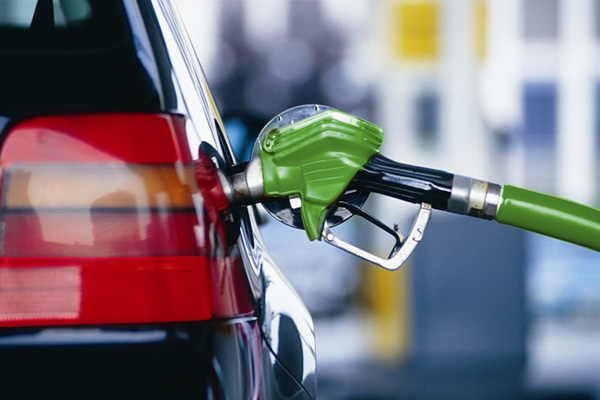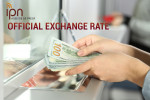
Excises on imported oil products that are sold on Moldova’s territory will be increased by 9.3% from January 1, 2014. This is provided in the draft 2014 budgetary-fiscal policy law that was passed by Parliament in the first reading. Minister of Finance Anatol Arapu said in Parliament that the increase in excise duties will lead to an ‘insignificant’ rise in fuel prices. The excises on tobacco and alcoholic products will rise by 4.3%, IPN reports.
According to the minister, the bill provides that the Moldovans from January 1 next year will be able to take into the country goods to the value of up to €300 without paying import duties, up from €200 at present. Liberal MP Valeriu Munteanu proposed increasing the amount to €500.
The time limit for paying the VAT and customs duties will be extended to 180 days of the day when raw martial, accessories, primary packing and articles used to make goods intended for export are imported.
Tax will not be levied on the clearance of goods imported into Moldova for technical assistance projects implemented in Moldova by international organizations and donor countries.
The vendors who will not use cash registers will be fined 20,000 lei, up two times. Those who will not issue sales slips will be fined 10,000 lei, while the persons who will use defective or unsealed cash registers will be fined 20,000 lei. The fine for the removal or destruction of the seal put on cash registers will be 50,000 lei. For the repeated destruction of the seal the fine will be double. Liberal MP Gheorghe Brega suggested reducing these fines in the second reading as they will have a negative effect on economic entities.
The farmers will be able to import used tractors younger than 20 for farming. Private individuals’ incomes of up to 27,852 lei will be taxed 7%, while the higher incomes – 18%.
Liberal-Democratic MP Alexandru Cimbrinciuc proposed placing a cap on the local taxes.
Unaffiliated lawmaker Mihai Godea said he does not agree that the Customs Service should have special subdivisions that would examine goods, vehicles, documents and persons to make sure that the customs legislation and other laws regarding goods that are under customs supervision are obeyed. According to him, these subdivisions will be in fact ‘state racket units’ that would protect certain interests.


